By Emily Setona
QWAQWA – Suicide is a growing crisis in South Africa, with the Free State province especially Qwaqwa showing alarming trends. According to recent data, unemployment, mental health issues, and socioeconomic stress are significant contributors to the rising suicide rates.
According to the assistant director of occupational therapists in the mental health specialists’ team in the Free State province, Palesa Mothibi, suicide is a sign of depression which is a very serious mental or psychiatrist condition, which is the most prevalent currently globally.
“About 200 million people globally are affected by depression, making it the leading mental health condition followed by anxiety, substance abuse and other psychotic disorders. The health determinants of depression include genetic factors, family settings and social determinants such as access to water, access to health services.
“Thabo Mofutsanyana has been marred with a lot of suicide attempts. Some being successful, some being what we call parasuicides. The observation over the past three years has been now the increase of depression seems to be affecting more females lately than males. We’ve seen a picture of over seven hundred people attempting suicide being admitted in the various hospitals across the district.
“This pattern has been increasing roughly at a five percent rate, which means more and more people are attempting suicide. I should emphasize that these are people who came to the hospital level and were assisted. Remember there those who never came to the hospital level and there are those who succeed in their attempt of committing suicide and it becomes a total suicide,” Mothibi shared with this publication.
As part of interventions, the department of health has a referral system. The mental health specialist team is responsible for the maintenance of the referral system for mental health care users as well as insuring that the services coordinated at the district level from primary health to specialized care which is given at Mofumahadi Manapo Hospital where there is a district Psychiatrist and the team. There is also a mental health review board which is responsible for the rights of the mental health users and to ensure that mental health care professionals enable the users to access care.
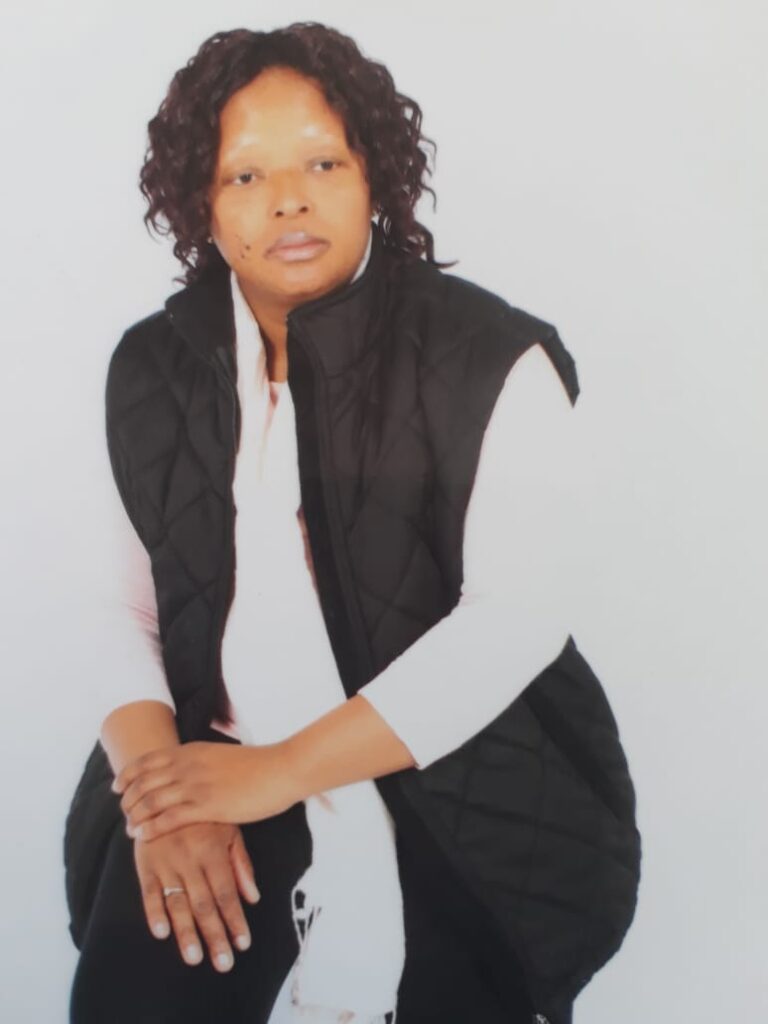
Assistant director of occupational therapists of the Mental health specialists’ team in the Free State Palesa Mothibi.
The department has further introduced the appointment of a roving social worker, register counsellor and a clinical psychologist to rove within the district to provide care to mental health care users. They go to the primary health care (PHC) facilities which are the clinics and all the attempted suicide cases which have been seen at the hospital level after treatment are referred to the health care professionals to assist them to enable them to cope with life skills.
Mental health care practitioner for the Mental Health Review Board Magdeline Mokoena-Mvandaba said they are responsible for overseeing that the rights of the mentally ill and those with intellectual disabilities are not violated.
“We come in when mentally ill people’s rights are being violated, even when the mentally ill people feel they are not treated well in the hospitals. We also work with the SAPS if we have a very violent person who is being reported by family members or neighbours.
“The police have the right to apprehend the person and bring them to the hospital, because we don’t know what they are thinking, and they could be a danger to themselves and others. We are located at the grounds of Manapo Hospital by the doctor’s courters,” Mokoena-Mvandaba said in a statement to this publication.
Methods of Suicide
Hanging remains the most common method of suicide across all age groups, with men more likely to use this method than women. Among men, black males are overwhelmingly using hanging as a means of taking their lives, while white males are more likely to use firearms. Men are more prone to commit more violent or harsh attempts of suicide which involve self-harm. In contrast, women often resort to overdosing on pills, ingesting petroleum or organophosphate.
Seasonal Trends
While the holiday season is typically thought to be a peak time for suicides due to depression and loneliness, studies reveal that suicide rates also spike in May and November. This pattern highlights the need for year-round mental health interventions, particularly during these high-risk months.
Call for Action
These sobering statistics point to the urgent need for community-based interventions, improved mental health services, and economic development initiatives in Qwaqwa. Without targeted support, the region risks seeing further increases in these tragic deaths.













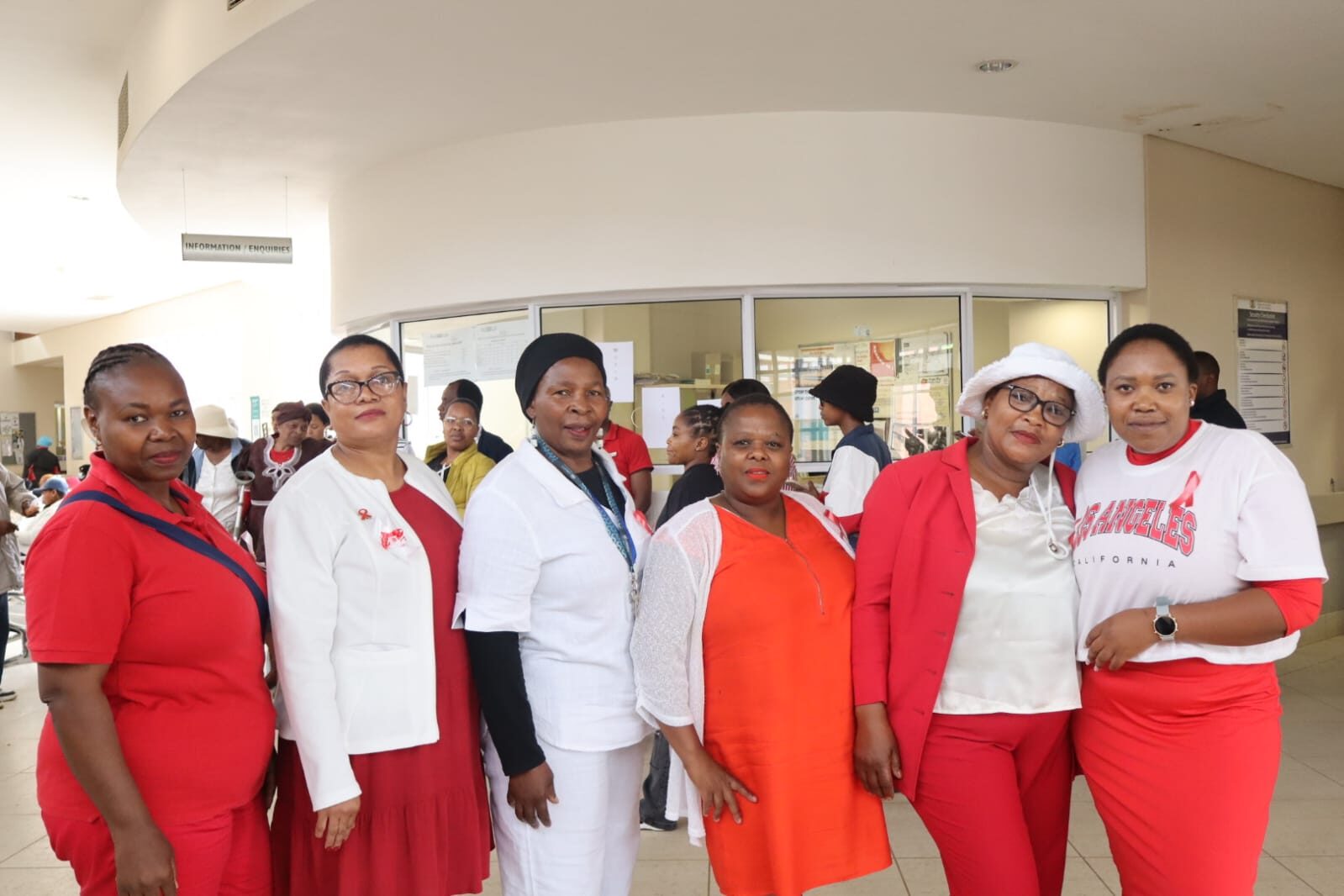

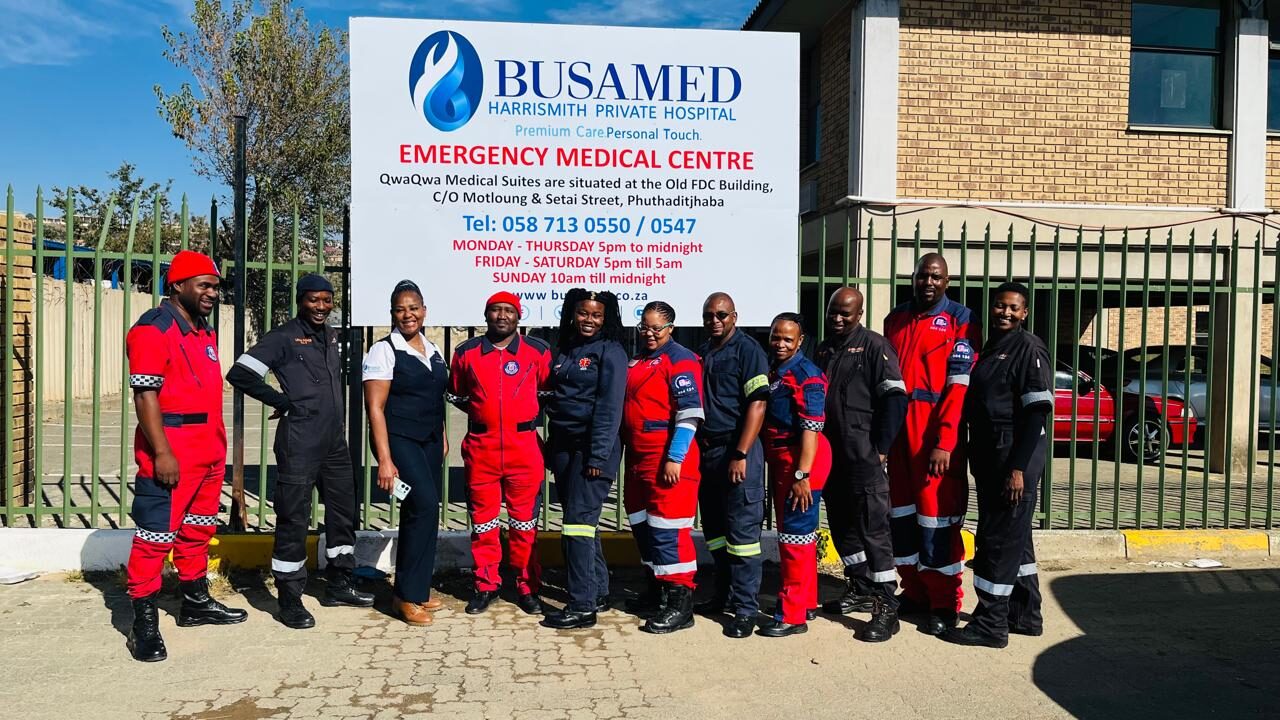
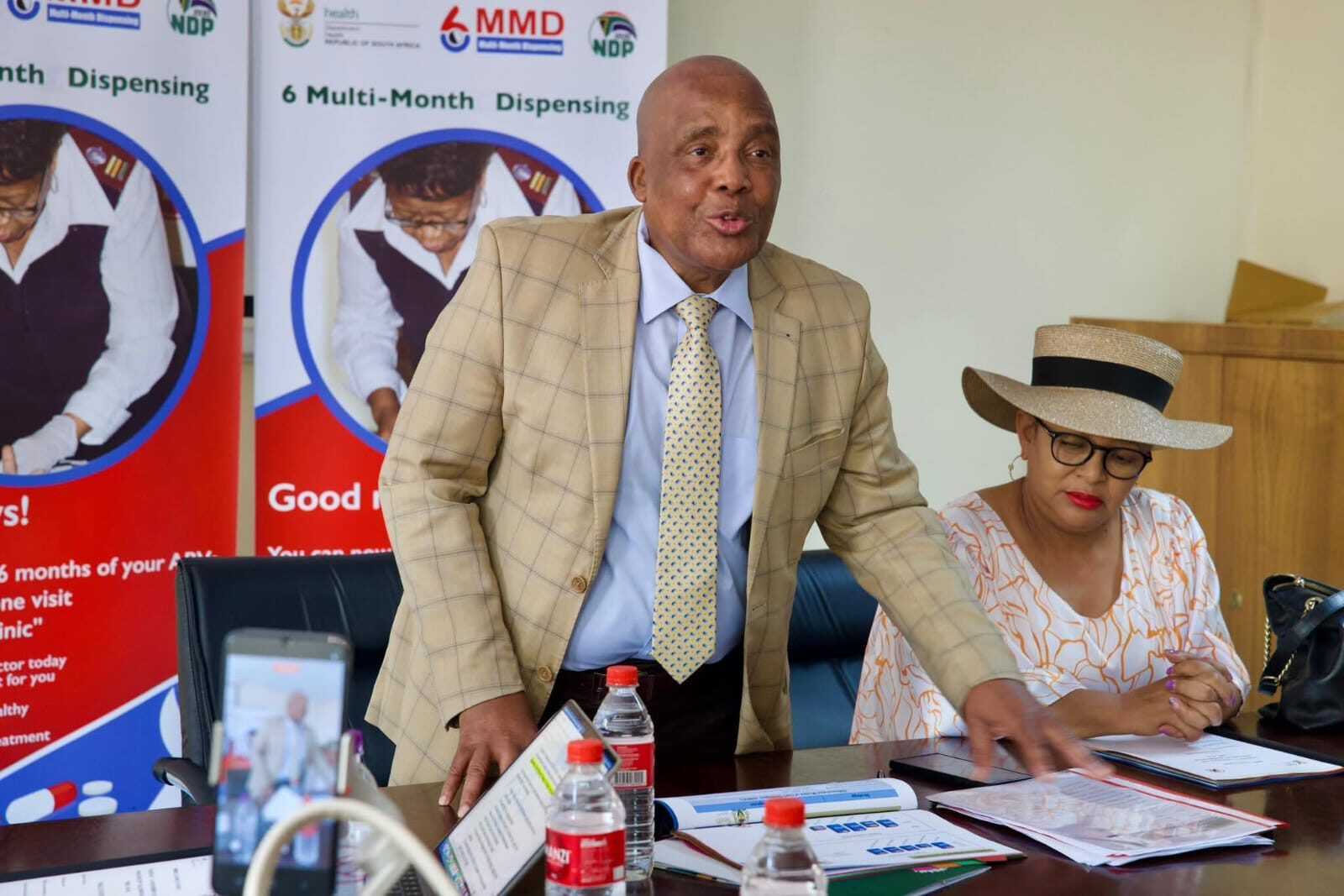
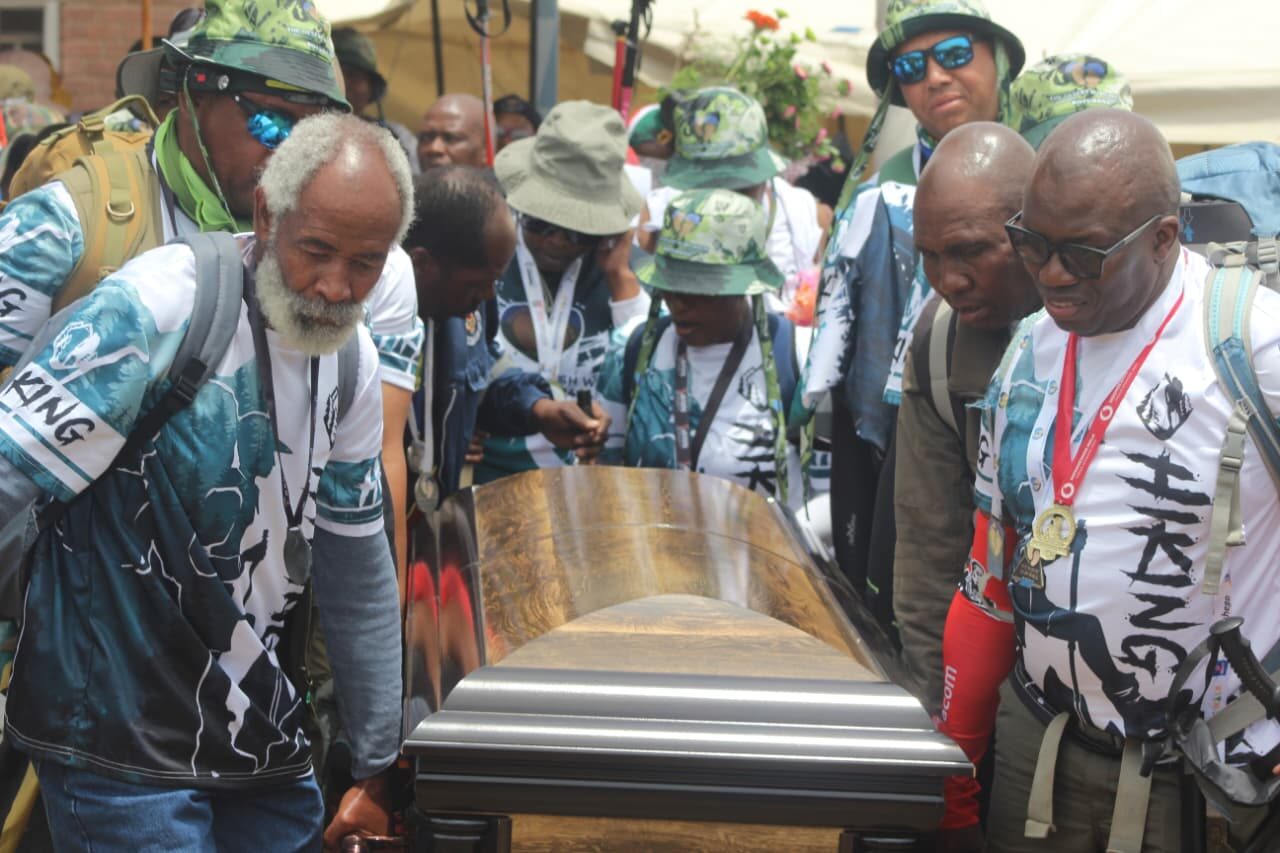

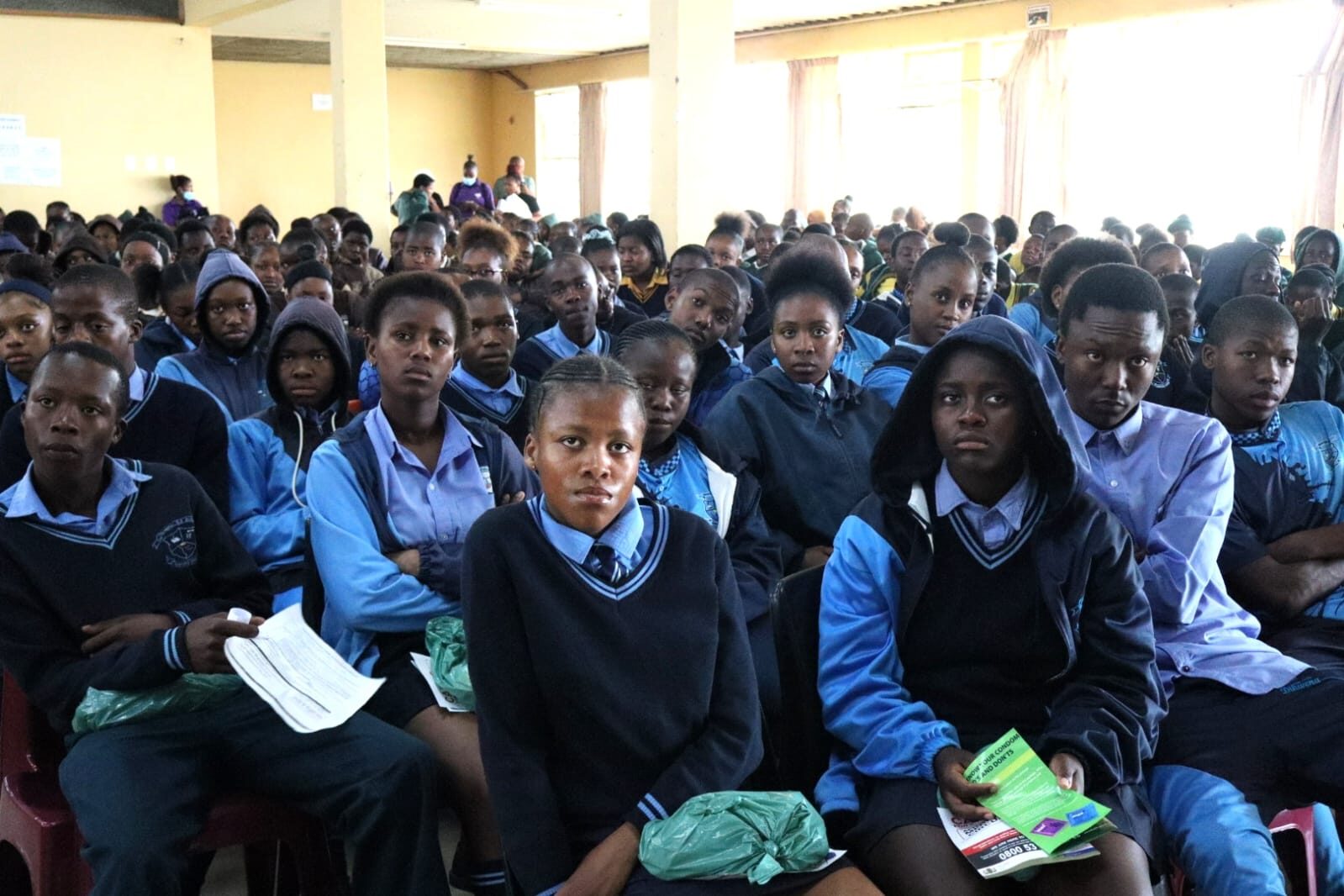
One Response
As community where should they go in case of violent mental health patient? Because it’s like they don’t get help from SAPS